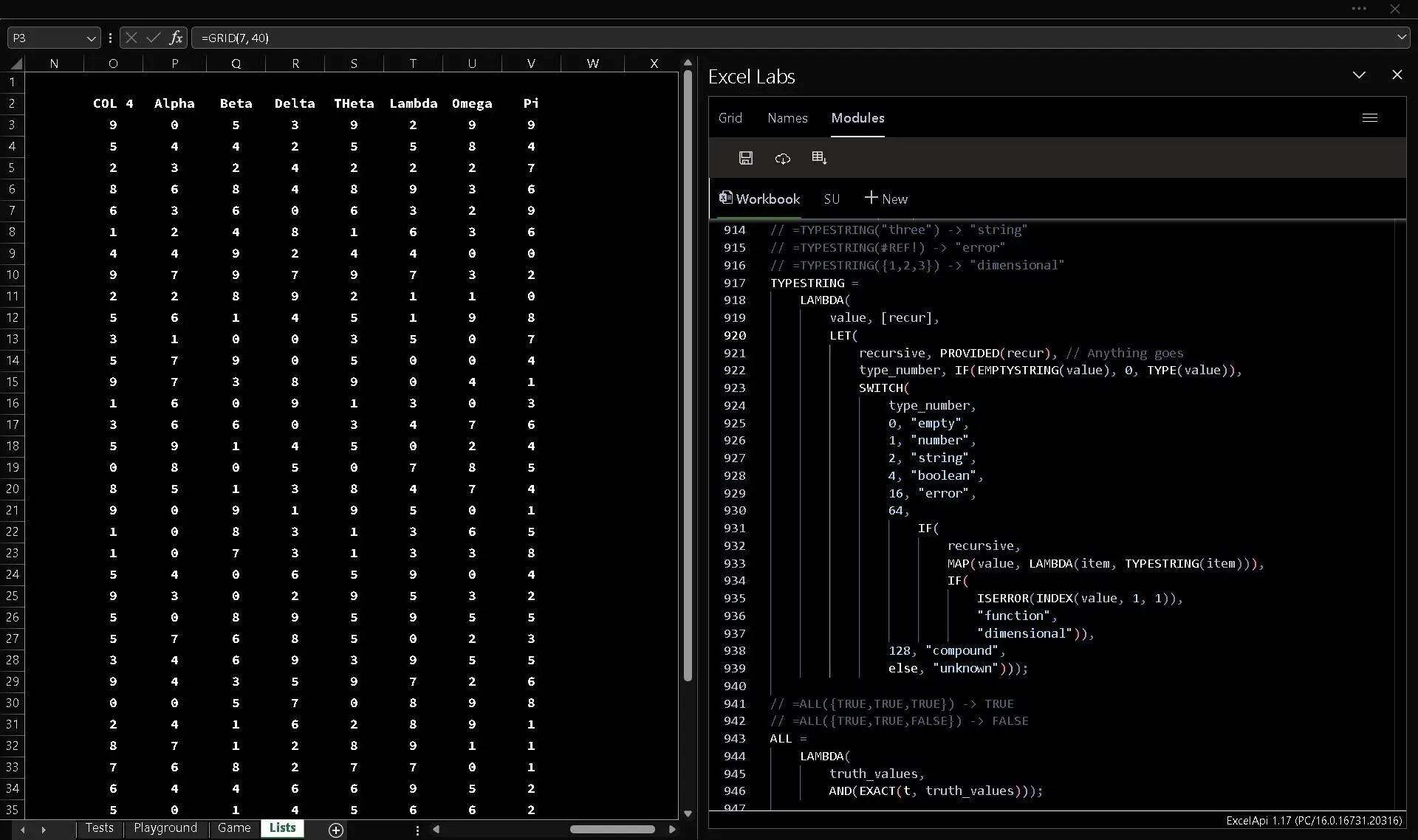I have been working for a few years on my own implementation of Lisp. I have extensively described the language syntax here: https://github.com/naver/lispe/wiki.
The real reason of this version of Lisp is that I wanted to explore array languages such as APL, so I implemented a version of Lisp that is based on arrays and not linked lists. Thanks to this implementation, I was able to implement many operators that are very similar to APL, but which would be implemented on top of a Lisp syntax. However, you can still use traditional Lisp instructions such as car and cdr.
This Lisp also provides many specific types: such as tensors, matrices or dictionaries.
For instance, you can create a tensor in one line of code: (rho 4 5 6 (iota 120)).
I have written a blog on this topic: https://github.com/naver/lispe/wiki/6.20-Conway-Game-of-Life-in-LispE
There are also some implementations for the resolution of Advent of Code enigma in the examples directory. That will give you some flavors of what I try to achieve.
I also provide installers for mac (intel and apple silicon) and windows: https://github.com/naver/lispe/tree/master/binaries. I also compile a version for WebAssembly: See the WASM directory for an example of how to execute LispE in a browser.
For those who are interested, I also implemented my own terminal editor, which is part of the language itself but can also be used independently: jag.
It is implemented as two C++ classes, that can be derived for your own purpose, even though the internal documentation might be a bit lacking.
The whole project is open-source, and was developped from within Naver corporation, however, there are not strings attached.
I have also implemented a mechanism to implement external libraries that can be loaded within the language itself.
